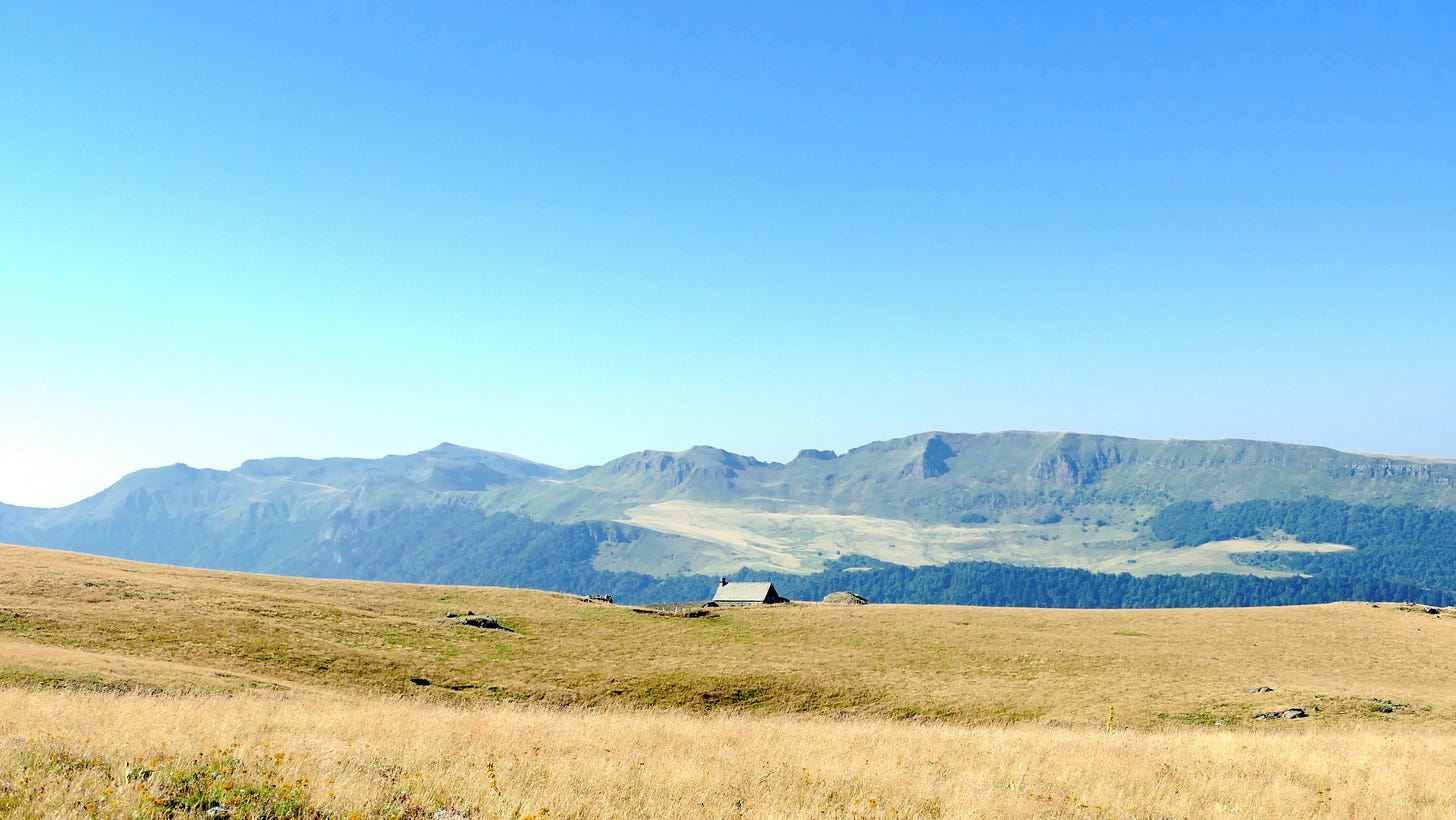Why You Should Look Forward to Reaching the Plateau
It'll mean you'll have learned a lot and can begin the real journey

I spent years stuck in the intermediate Plateau for Korean. It felt like a punishment for skipping basics at the start in 2009.
What's the plateau? It's that stage where progress becomes less and less visible. Day after day, it feels like you're stuck. What used to help you make progress doesn't work anymore. It's super frustrating.
I now realize the plateau isn't so bad after all.
First of all, if you've reached a plateau, it also means you've reached a level most other learners will never reach.
Yes, never.
Too many learners stick to bad tools like Duolingo or are so inconsistent they one day stop learning altogether. Reaching an intermediate level means you've kept at it long enough to make it part of your life.
I see reaching the intermediate level as assimilating the language into your own personality. You might not be "fluent" yet nor even understand everything told to you, but you've spent so many hours on that language it's impacted the way you see the world. And even if you ever stop, you'll likely want to pick it back up later.
The plateau is proof of your hard work. You should be proud of it.
The intermediate plateau is also where you can begin experimenting.
At this stage, you've reached a high-enough level to understand the basics of any topic in pretty much any format.
You can begin to study non-language topics through your target language (or even another language through this one). You can focus on vocabulary that serves your life more specifically (such as finance, agriculture, DNA, or whatever you do for work). You can dive into reading books in your target language never translated into other languages.1
While you're a beginner, you're stuck struggling with almost any word or grammar pattern. There's a lot you don't understand and even more you can't say.
The intermediate plateau is where the impossibilities disappear.
Slowly but surely.
Finally, this is also the stage where you become less frustrating for your interlocutors.2
Yes, people are nice and patient with learners of their language in general but it doesn't mean it's not frustrating to wait while you search for the word "door" in Chinese or get stuck by the conjugation of a verb in the imperfect tense in French (one of the rare not complicated tenses).
I'm not saying you should not talk to natives while you're a beginner. Do it if you enjoy it.3 But it sure is more enjoyable for the other parties once you reach the intermediate level.
Don't get me wrong. You'll still be slow.
My sister-in-law finally reached that level recently. She's a quiet person so she avoided speaking French overall before but she's now trying regularly with my parents. She took an intensive class a few months ago and it shows results. She's responding faster, with less hesitation, and can guess more and more words directly from the context of conversations.
The intermediate stage is where your language learning truly begins.
You will likely spend so much time on the plateau you won't realize you've left it until a long time after you've reached the advanced level.
Oh, and here’s one extra note about this stage.
A both fun and frustrating aspect of the intermediate stage is how different it is from learner to learner. No two learners in that stage are truly "at the same stage."
The plateau is where you can finally make the language become yours.
Enjoy.
PS: let me know how you've lived or are living on the plateau! What changed for you?
Cheers for reading,
Mathias
I can't imagine a life in which I couldn’t read Higashino Keigo's many incredible novels that haven't been translated.
Although you might get more frustrated with your own errors as you’ll notice them more easily.
I don't, but that's me.


I’m dwelling there now with Spanish. Still working on grammar. Resources dried up or fell away. Replaced with intermediate classes and interacting with native speakers.